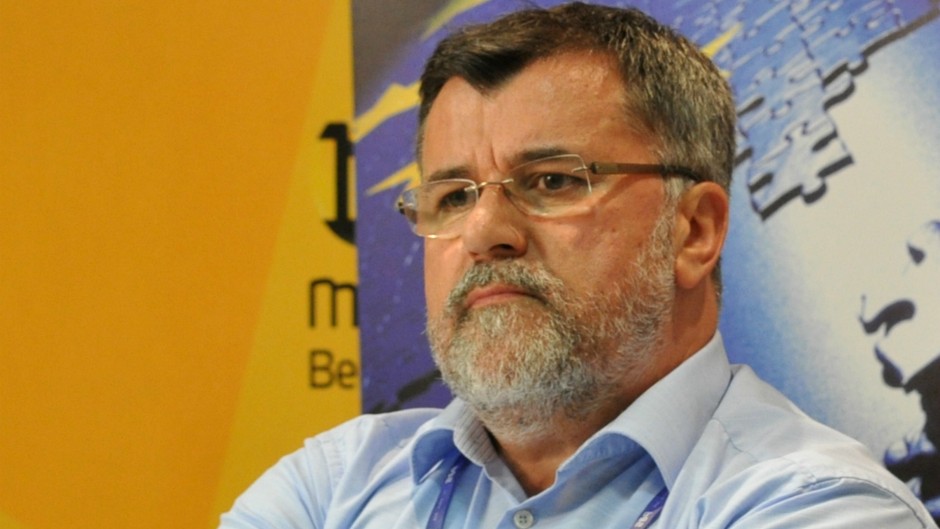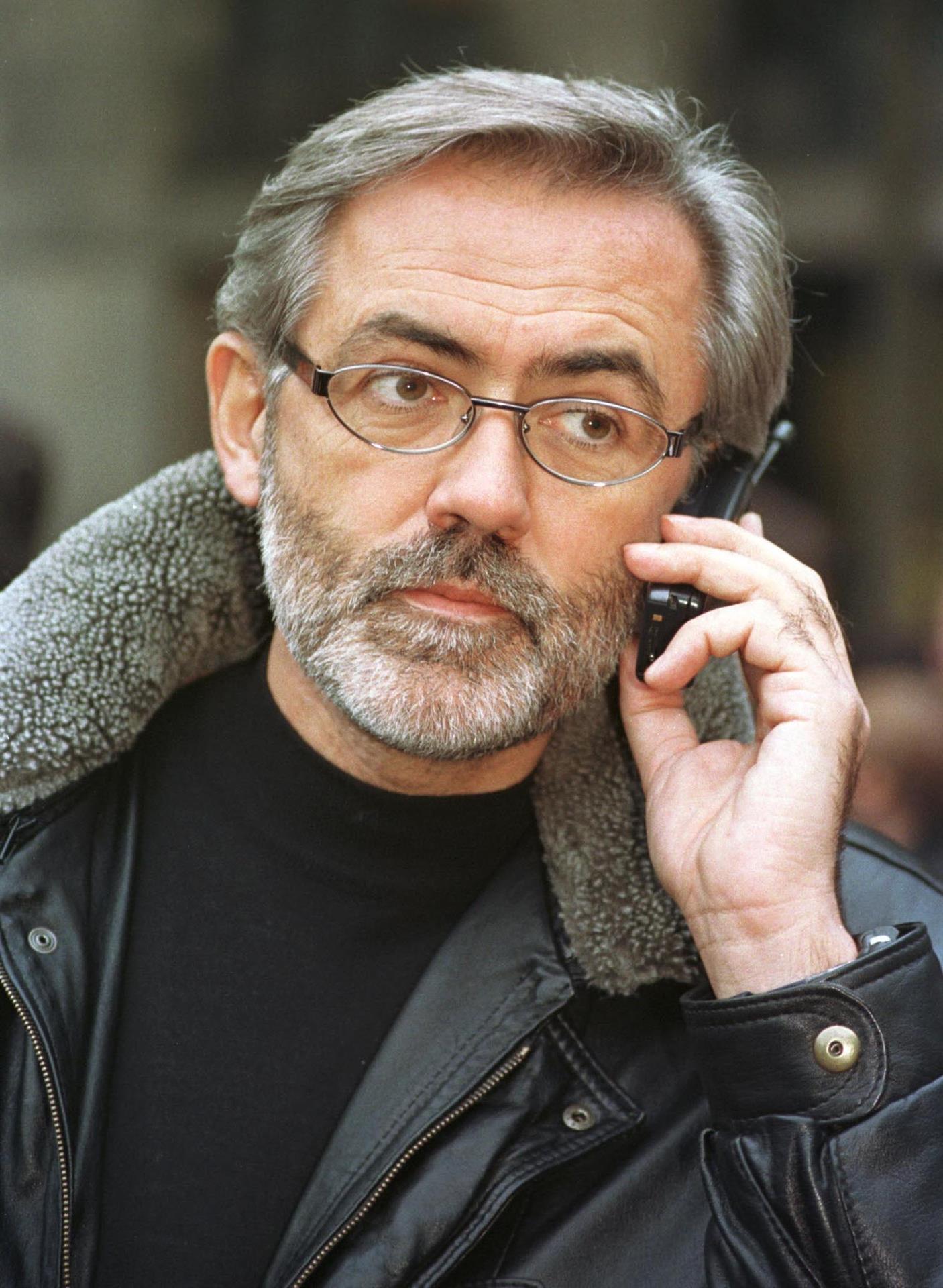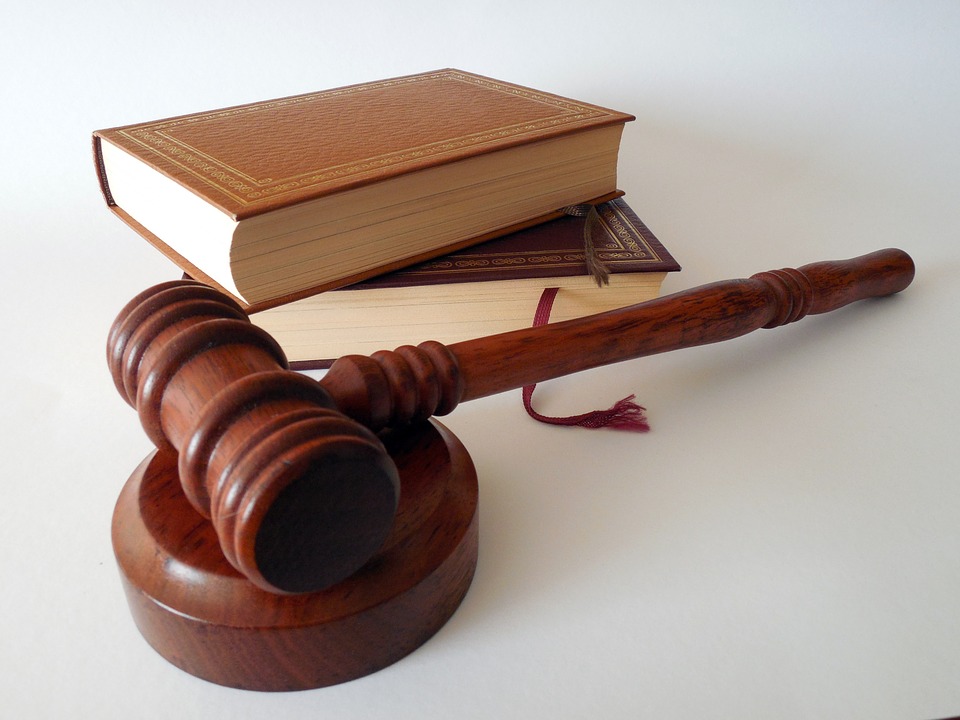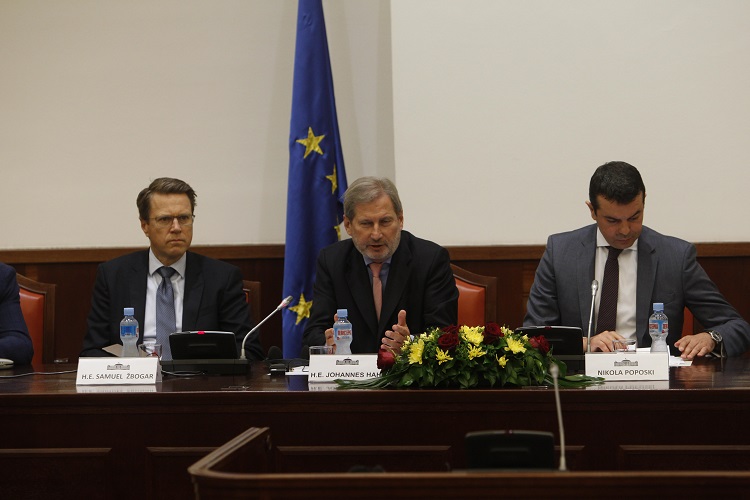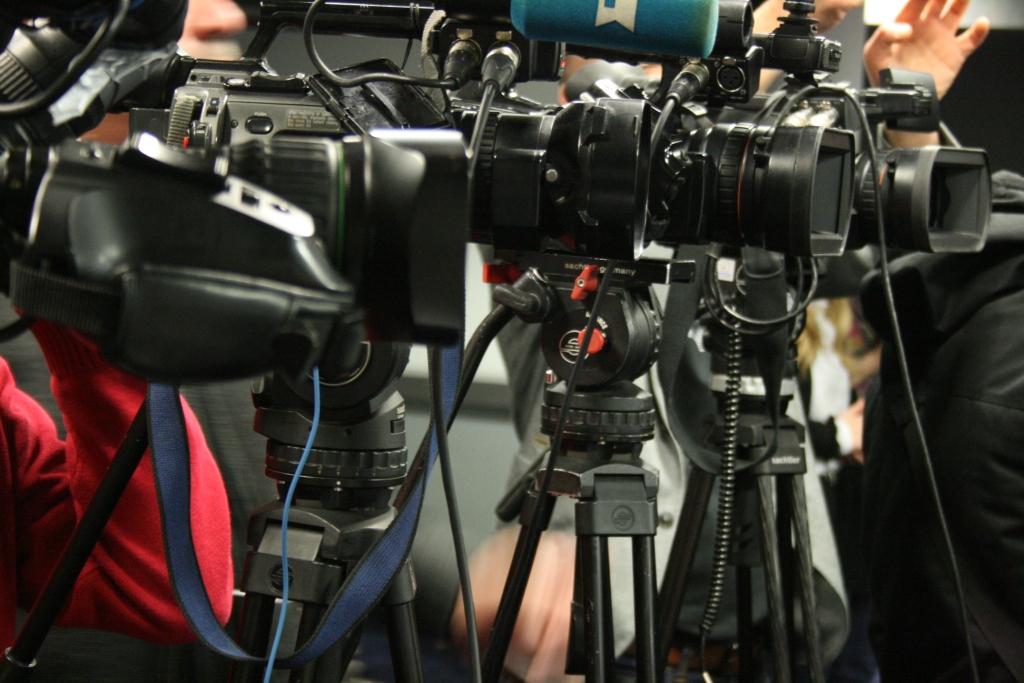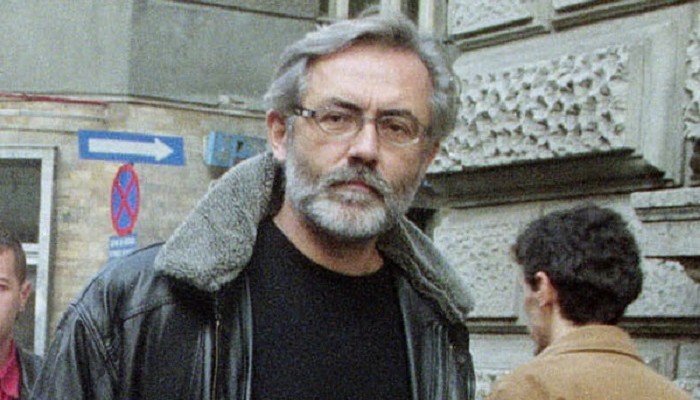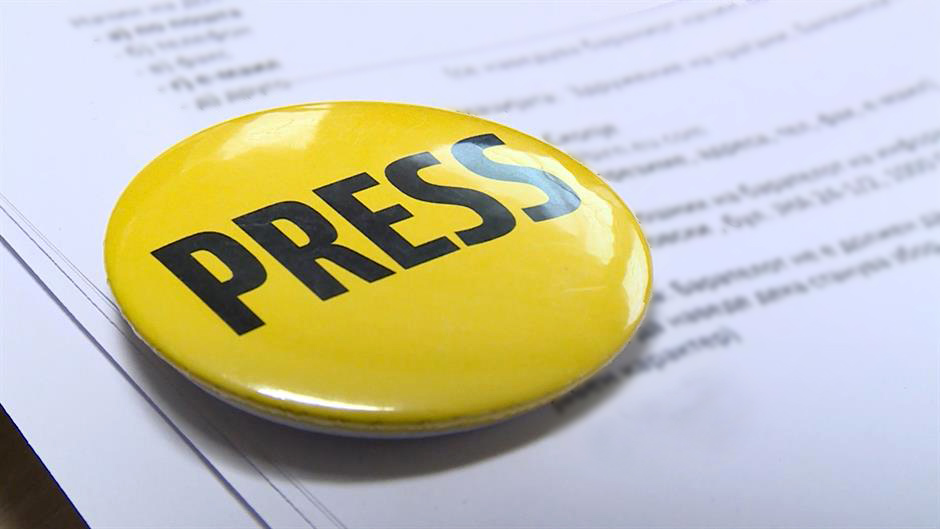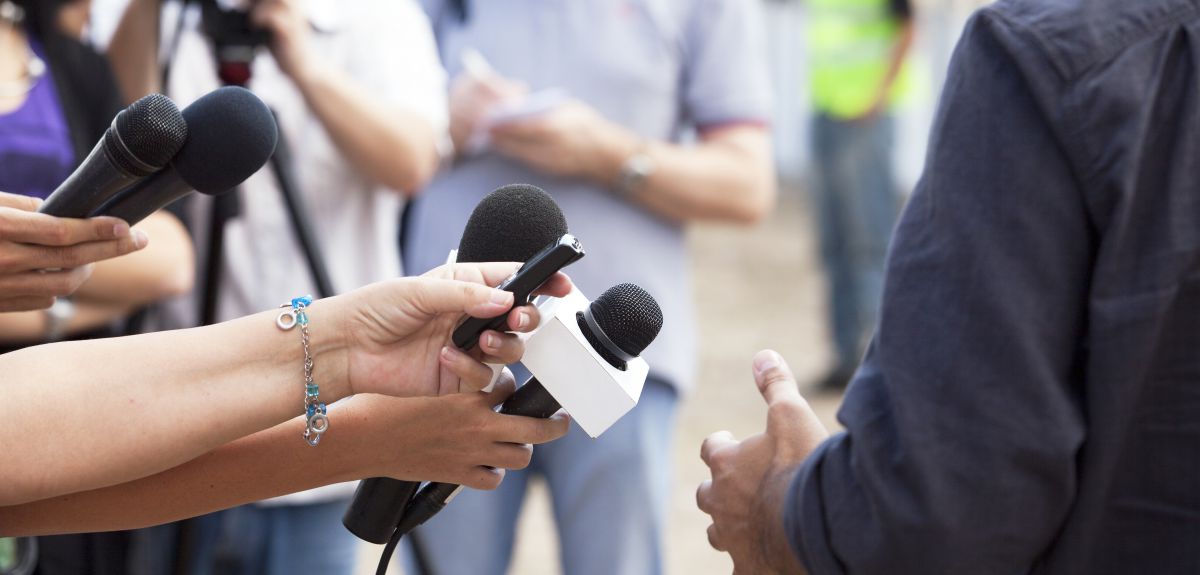PODGORICA 17.07.2018. – Even though non-profit media are free from government influence and business and are leaders of pluralism in today’s societies, they still haven’t managed to completely achieve sustainability and be a true alternative to public and commercial media. In post-Yugoslav countries civil society media model isn’t too widespread, nor is there a system that would enable stable financing and journalists’ undisturbed work.
That model is somewhat present only in Croatia, because during several years a budget was set for the work of non-profit media, first through a program of National Foundation for Civil Society, and then through jurisdiction of Ministry of Culture. However, with the change of government and arrival of HDZ came serious difficulties, so now financing of non-profit media has been brought to a halt in this country, too. Due to lack of funds, the media were forced to perform crowdfunding campaigns or stop working. The importance of existing of this kind of media in countries facing polarized media scene, increase of fake news, editorial pressures on media and bad economical situation is described in Dinko Gruhonjić’s book “Civil Society Media – Instructions for Use” published by Independent Journalists’ Association of Vojvodina.
“They are very significant for minority, multi-lingual, regional and local media, but they are also the only media model that can efficiently fill in the gaps in informing on a local or regional level, after shutting down of many media following sloppy privatization. Therefore, it is necessary to constantly work on encouraging the journalists, who are either lost their jobs during controversial privatizations or don’t want to be pressured by censorship, to found civil society media and to learn about ways to provide sustainability of such media. (…) Such media, unlike commercial and political party driven media, have an agenda dedicated to public interest in the sphere of public informing, which is one of key things for the process democratization of the country but also for preserving of basic values of journalism as a profession, although with limited reach.”
The limited reach is exactly where a part of the problem is. Their survival in Serbia, Kosovo, Bosnia and Herzegovina, Macedonia but also in Montenegro, is largely based on project financing that enables them to survive for a while. That’s why in case of civil society media, it can hardly be spoken about traditional, daily journalism, but also about a safe job with all working rights of journalists provided.
FEW EMPOLYEES, A LOT OF WORK
Journalists working in non-profit media often have part-time contracts with no social security provided, yet they work even more than eight hours a day. Along with journalism work, they write projects and do all other administrative duties typical for NGOs. Civil society media in Serbia usually have a few employees and are focused on certain topics. Some of the journalists who were either forced to or willingly decided to leave public sector and commercial media, decided to try and continue to do their job through non-profit media. More often than not, they are based on founder’s passion and enthusiasm.
“For us, the killing of local media was an incentive to start our own thing. At first it worked, but we meanwhile realised that we also need to make a living. The media outlet is still working, the crew has been changing, but there are always a couple of people who are doing the main work. However, it’s impossible to make a living this way. Some of our projects were successful, but that’s not even close to enough for a decent life. That’s why we are forced to take jobs unrelated to journalism. For example, during the day I do administrative work for a company and then when I come home in the evening – I write. It’s questionable how long this can be viable,” says a non-profit media journalist who preferred to stay anonymous.
The situation in Macedonia isn’t any better. Only a part of the portals has a professional approach to journalists: workers’ rights are completely respected, they have decent salaries, regulated service and other operative expenses guaranteed by law, but working conditions are semi-professional, considering many of those portals’ practice of working in rented apartments.
“According to the syndicates and professional associations, workers’ rights in internet media are at the lowest level in media industry. Regarding organising syndicates in internet media, things here are worse, so much so that it’s hard to compare them to mainstream media” syndicates from Macedonia say. In online media in this country, there are certain specificities that differ from classic journalism, because people who work there aren’t necessarily physically present in redactions, they work mostly based on copyright agreement, and are usually in precarious position. “They don’t have security and can’t fight for their rights because some of them don’t actually have a job, but a temporary engagement which, as the syndicate was informed, ends via text message,” says Tamara Čausidis, the President of Macedonian Union of Journalists and Media Workers.
A young journalist who has worked for several influential portals during the course of six years, talks about the experiencing exploitative behaviour of the owners who are renowned journalist with years of experience. “Ever since I’m a journalist, I haven’t been compensated for overtime, weekends or holidays. If you are on site, you’re on call all day long. I spend 18 hours at the computer. Workers’ rights are not respected, and we don’t even know them. We feel we are being exploited.”
UNCLEAR MANAGER – EDITOR BORDER LINE
Similar problems are faced by non-profit media journalists in Bosnia and Herzegovina, who point to the lack of clear separation between the roles of managers and editors, which can largely influence journalists’ independence.
“In the meetings meant for exchanging ideas and opinions between journalists, non-profit media managers show up, so it’s hard to define their position in such moments,” says one of the journalists from Bosnia and Herzegovina. That problem is also recognised by the journalists in Serbia. They think there is no inner understanding of those who work in civic sector for journalists and their profession. NGO management often meddles in redaction work, or the journalists are expected to do other jobs completely unrelated to their profession. According to the people we spoke to, even when media outlets are managed by respected, independent journalists, redaction decisions come from the top. “Most of our media outlets, at least the ones labelled as “independent” are extremely hierarchy-oriented and the topics you would cover often wait a decision from the “top” – of course, not political, but of editors/owners,” says one of the journalists who used to work for several non-profit media. In case of problems with management and editorial board, non-profit media journalists have no one to turn to for protection. “In non-profit media it is very important that in high positions, such as director or editor, are people adequate for such positions,” says a journalist who left a non-profit media outlet after being a victim of mobbing, just like her numerous colleagues.
The people we talked to, however, think that non-profit media can often afford complete independence from domestic political elite and hence are protected from economic pressures coming from the advertisers.
“In private media the owners are acting as if they were Gods – I had the luck to stay in private sector only for a very short time, so I wasn’t exposed to those who call all the shots for too long… Non-profit media are maybe in the best position because they attract quality professionals, so there’s both the money and the opportunity to specialize the media for what’s missing in public or private media – from investigative journalism to factchecking,” says Aleksandar Brezar, who, in his two-decades-long career, had the opportunity to work for private, public and non-profit media.
JOB INSECURITY
Unlike Bosnia and Herzegovina, where there are donations for civic sector media and where non-profit media journalists often earn more money than employees in public or commercial media, Montenegro rarely has donations for this field. Furthermore, the law doesn’t even recognize these media. Institutions in that country are still following old regulations that this segment of media recognizes as electronic publications, and no specials funds are being appointed for their work. Besides this issue, non-profit media journalists we spoke to, who are very rare in this country, say that they face the same problems as their colleagues from public or profit sector.
“Both have low income (with few exceptions), both are struggling to get to information guarded by Cerberuses of particular interests, both have insecure and unappreciated jobs,” says Duško Vuković, founder of PCNEN (Prve crnogorske nezavisne elektronske novine – First Montenegrin Independent Electronic Newspaper).
However, freelance journalists or the journalists working in non-profit media in Kosovo have a status of “the only real journalists in the country” and such position led them to not being able to develop or expand their work. They mostly manage to achieve good and efficient coverage of some topics, and nothing or very little about other important issues, thus not providing regular and complete reporting about events and political activities in the country. Furthermore, in this country, as well as in other ex-Yugoslav countries, non-profit media are condemned for being too much like think tanks or other civic society organizations. The reason for this is that, like most NGOs, they are often involved in projects focusing on monitoring, research and analysis, failing to turn it into “journalistic content”.
“I was hired as a journalist in a media outlet. Because of my good command of English – even though my media outlet doesn’t publish in English – I was in charge of covering a trial conducted during European Union Rule of Law Mission in Kosovo. At first, I found it very interesting. Then I realised that I was in fact there to watch, and not as a journalist. I wasn’t given much space to do interviews, but they wanted me to write reports about trials. I even sometimes had to write reports for donators,” said an employee of a non-profit NGO media outlet from Kosovo.
HOW TO STRENGTHEN THE MEDIA
Despite shortcomings of non-profit media in all EX-Yugoslav countries, most people we talked to while doing this research say that they wouldn’t want to work in commercial or public media. As much as the situation may not be great, still the salaries, working conditions, dedication and quality can hardly compare to traditional media. Besides, every society that cares about larger space for every person’s freedom, should encourage media pluralism, provide environment where media scene can be developed and where civic society media will ensure stable financing and thus perform its role.
This article has been published as part of the “Real Voice of Journalism’’ project. The project is funded by the European Union through the small grants programme “Protecting Media Freedom and Freedom of Expression in the Western Balkans” implemented by the Croatian Journalists’ Association as part of the regional project “Western Balkan’s Regional Platform for Advocating Media Freedom and Journalists’ Safety”, which is carried out through the partnership of six regional journalists’ associations – Independent Journalists’ Association of Serbia (IJAS), Association of BH Journalists (BHJ), Croatian Journalists’ Association (CJA), Association of Journalists of Kosovo (AJK), Association of Journalists of Macedonia (AJM), and Trade Union of Media of Montenegro (TUMM).


